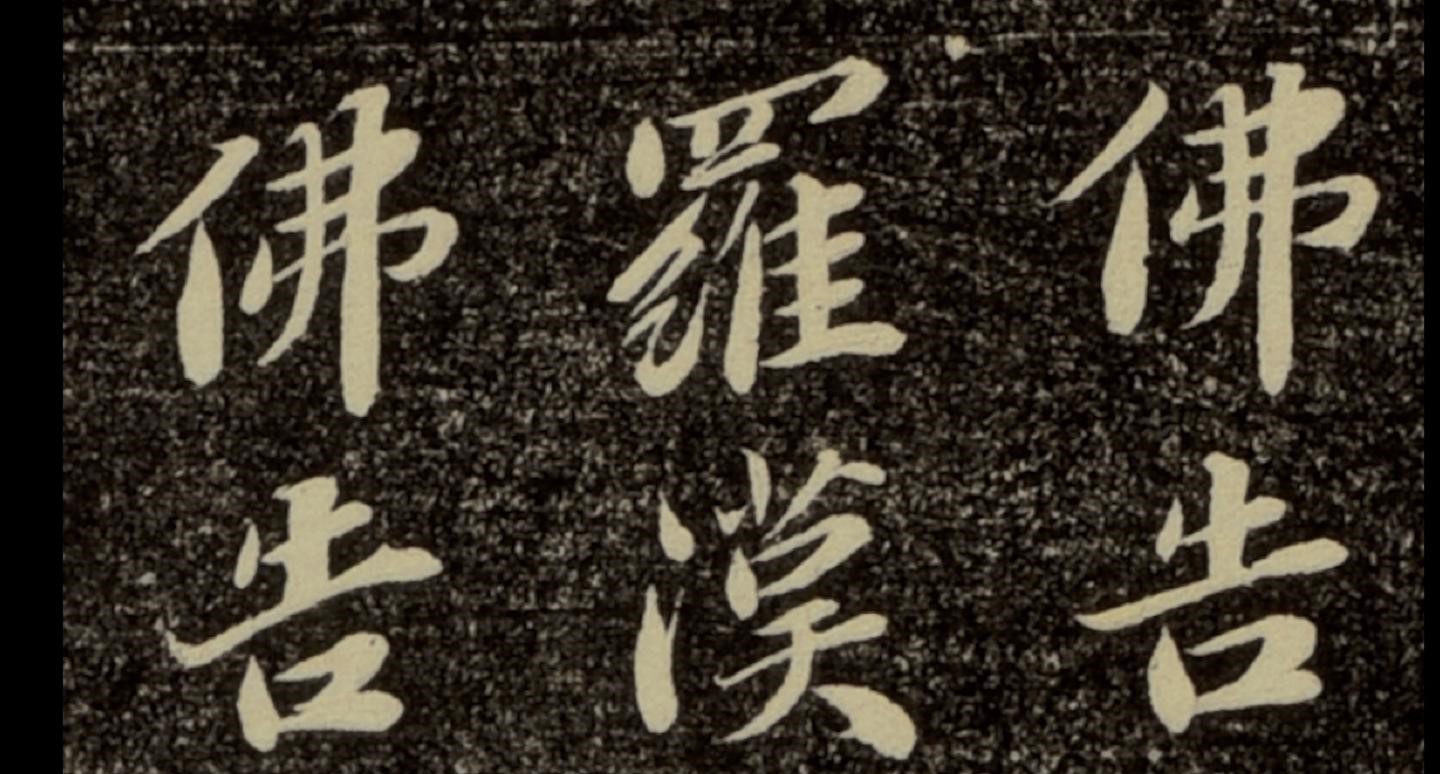
The 2024-25 Mote Memorial Lecture: Su Shi in Huizhou and Hainan Island: Overlooked Activities and Questions
Ron Egan, Stanford University
October 9, 2024 · 4:30 pm—6:00 pm · 202 Jones
Program in East Asian Studies

During the seven years of his last exiles (1094-1100 CE), Su Shi continued to evolve as writer and person. This talk considers some of the salient issues of his life and writings during this period that have seldom been discussed. One is the energy he put into copying ancient texts, especially as calligraphic works to present to visitors. This activity raises questions about his motives for such copying and the balance at this time between his output as writer of new works and his reproduction as calligrapher of texts from centuries before. Is this activity related to his better-known project of writing poetic responses to each of Tao Yuanming’s poems, which were composed seven hundred years earlier? Another issue is the challenge, for us, of trying to gauge Su Shi’s emotional state through what he says and does not say in his writings. How accurate is the popular perception of the ever-ebullient Dongpo, even when living in deprivation on the shores of the “southern seas”? A close reading, especially of his personal letters from these years, shows a clear-cut shift of mood from buoyancy to bitterness upon his removal from Huizhou to Hainan Island, although that shift is not categorical. More significant than either mood or our impulse to identify one of them as dominant (asking the simplistic question, “how did he feel, really?”) may be the recognition of traits of his writings and mindset that remained constant even as his daily life became progressively grimmer. As he alternately concealed then half-revealed his reactions to harsh exile, we still glimpse flashes of his former bravado, inventiveness, and wit. Equally noteworthy is his occasional ability to produce entire compositions that make no reference whatsoever to his banishment, as if transcending it completely.















